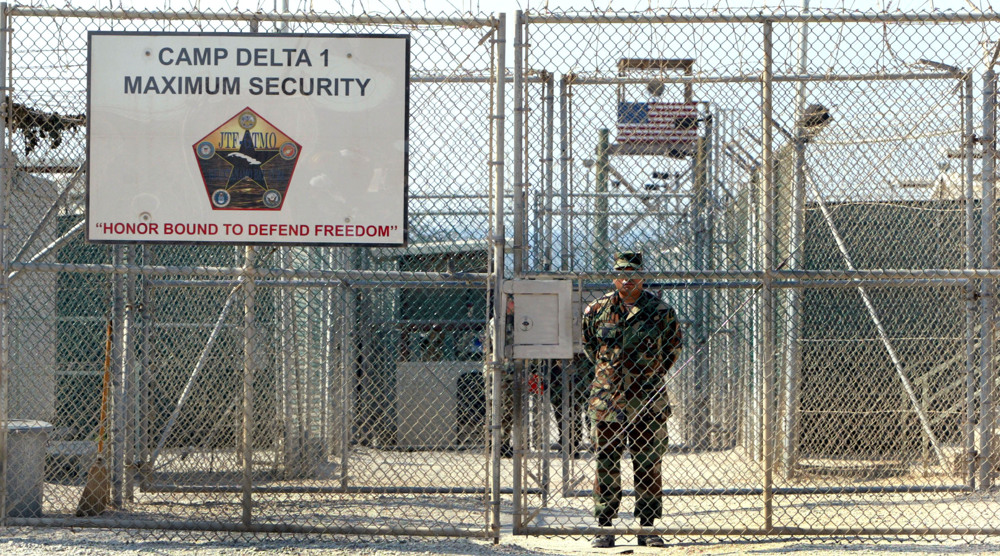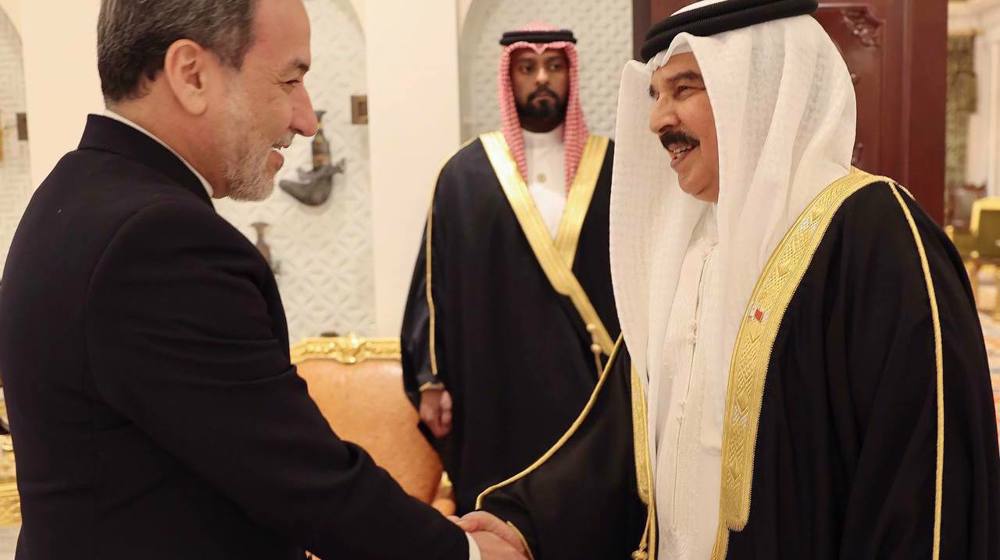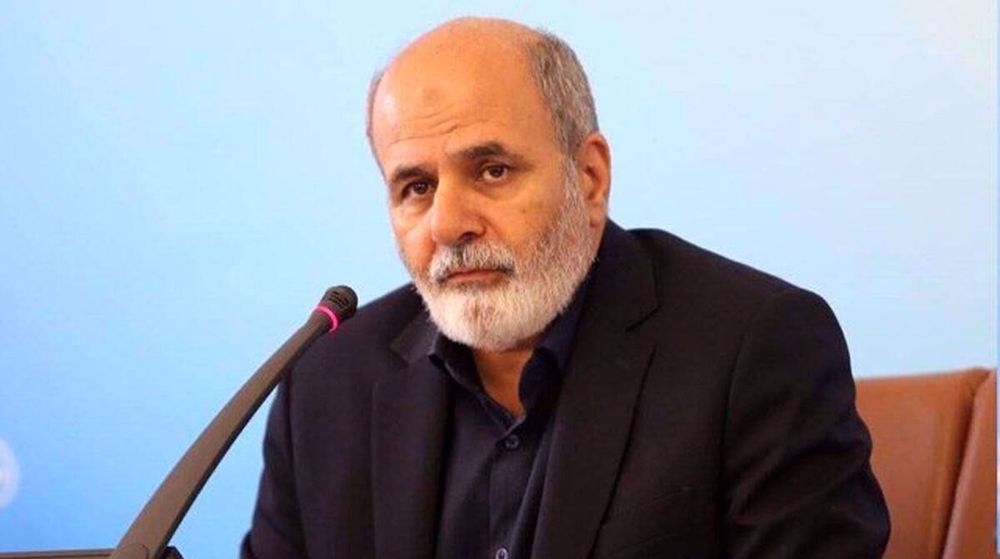No negotiations possible unless embargos on Doha reversed: Qatar
Qatar says it will not negotiate with the Arab countries, led by Saudi Arabia, that have severed economic and travel relations with Doha until the blockade on the Persian Gulf nation is lifted.
Qatari Foreign Minister Sheikh Mohammed bin Abdulrahman Al-Thani made the remarks in a press conference in capital Doha on Monday, saying "Qatar is under blockade, there is no negotiation. They have to lift the blockade to start negotiations."
"Until now we didn't see any progress about lifting the blockade, which is the precondition for anything to move forward," Sheikh Mohammed further said, adding that ending the embargoes, which are acts of "aggression", is a "pre-condition" for negotiations.
His comments came a few hours after his counterpart from the United Arab Emirates (UAE), Anwar Gargash, stated that Arab monarchies of the Persian Gulf region could continue to isolate Qatar "for years” if Doha did not alter its foreign policy.
Read more:
Qatari foreign minister further asserted that Doha has not received yet any solid-based demands requested by the blockade enforcers or presented by countries seeking a diplomatic solution, including Kuwait, the US, France and the UK.
"We cannot just have (vague) demands such as 'the Qataris know what we want from them, they have to stop this or that, they have to be monitored by a foreign monitoring mechanism'," Sheikh Mohammed said, adding that what Doha has seen so far is that "there is no solid ground for these demands."
Saudi Arabia, Bahrain, Egypt, and the United Arab Emirates severed ties with Qatar on June 5, officially accusing Doha of supporting "terrorism" and destabilizing the region. Qatar, for its part, has slammed the measures as unjustified, saying they are based on false claims and assumptions.
In their apparent bid to secure US support and that of Israel, Riyadh, Manama, Cairo and Abu Dhabi suspended all land, air and sea traffic with Qatar, expelled its diplomats and ordered Qatari citizens to leave their countries.
To further pressure Qatar, Saudi Arabia has totally closed its land border with its tiny neighbor, through which much of Qatar's food supply crossed. Iran and Turkey are now providing Qatar's required food supplies. The Persian Gulf Arab states further gave Qataris two weeks to leave their countries and ordered home their own citizens living in Qatar.
The punitive measures against Qatar have drawn condemnation from rights groups, including Amnesty International, which said the diplomatic dispute has been toying with thousands of lives.
The coordinated move against Qatar is spearheaded by Saudi Arabia, which often manages to have its vassal states fall into line. Saudi Arabia itself is known as the main sponsor of the violent Wahhabi terrorists it has accused Qatar of supporting. Some analysts believe the Saudi anger is rather because Qatar acts more independently of Riyadh, including its relations with Iran.
Qatar might rely on Iran
Elsewhere in his remarks, the Qatari foreign minister asserted that Doha would rely on other countries if the blockade continued, including Iran.
"We have a back-up plan which depends mainly on Turkey, Kuwait and Oman," he said, adding "Iran has facilitated for us the sky passages for our aviation and we are cooperating with all countries that can ensure supplies for Qatar."
Sheikh Mohammed also said that the economic impact on the Persian Gulf nation had so far proved minimal, however, he added that it did not mean that they "are living in a perfect condition."
Hamas thanks Iran, Resistance Front following achievement of ceasefire in Gaza
'Capitulation': Israeli officials and media concede Gaza defeat as truce unfolds
'Gaza has won': Social media users react to ceasefire with mix of relief, joy
Iran seeks South Korea’s assistance for AI, fiber-optic projects
VIDEO | Iran's 'Eqtedar' (Power) maneuver
Israel hits HTS military target in Syria for 1st time since fall of Assad
VIDEO | Press TV's news headlines
Israel has slaughtered 13,000 students in Gaza, West Bank















 This makes it easy to access the Press TV website
This makes it easy to access the Press TV website